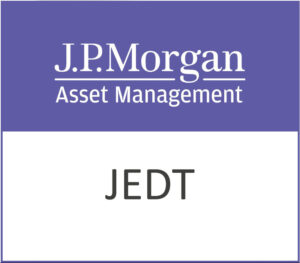An initial public offering (IPO) is the process by which a privately held company becomes a publicly traded company by offering shares of its stock to the public. It is a significant event in a company’s life as it gives the company access to a large pool of capital, which can be used for expansion and growth, and it also allows current shareholders, such as founders, employees, and early investors, to cash out their shares.
The IPO process starts with the company hiring an investment bank or a group of banks (underwriters) to lead the process and help the company go public. The underwriters will work with the company to determine the number of shares to be offered and the price at which they will be sold. The underwriters will also prepare the registration statement which contains the financial and other information that potential investors need to make a decision to buy or not to buy shares.
The shares are then made available for purchase by the general public through an auction process or a book-building process. In an auction process, the underwriters determine the price at which the shares will be sold and the public bids for them at that price. In a book-building process, the underwriters will set an indicative price range and the investors will indicate how many shares they want to purchase at what price. Then, the underwriters will determine the final price based on the demand.
After the IPO is completed, the company’s shares will begin trading on a stock exchange such as the London Stock Exchange or the NYSE. The shares will be bought and sold by investors on the open market, and the price will be determined by supply and demand.
It’s worth noting that while IPOs can raise significant capital for a company, they also come with risks and potential downsides for investors. For one, the company’s financials and business prospects may not be fully understood by the public, which can lead to volatility and uncertainty in the stock price. Additionally, the shares of newly public companies are often more risky than those of established companies, as the company may not have a track record of performance for investors to evaluate.
Additionally, it’s also worth noting that it’s not uncommon for the stock price to be affected by market conditions, and also the company’s management decisions, which can be reflected in the company’s financial performance, even in the short-term after the IPO. Furthermore, it’s also not uncommon for the share price to be temporarily “hyped” by the underwriters, and then drop soon after the IPO, this phenomenon is known as the “IPO pop”
« Back to Financial Terms Index








